Understanding About Implant Bar Overdenture
Implant Bar Overdenture is a type of dental prosthesis, an elegant blend of the stability provided by implants and the flexibility of removable dentures, designed for patients needing full upper or lower arch tooth replacement, including the placement of titanium implant posts fixed into the jawbone. Afterward, a bar is designed to connect the implant posts and support the removable denture, which will be securely attached after the patient’s recovery process.
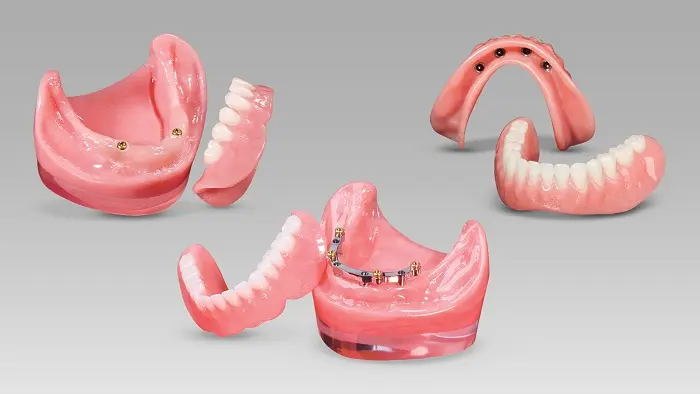
Standing about implant bar denture
Advantages of Implant Bar Overdenture
Aesthetics
This is one of the greatest advantages of implant bar overdentures is their aesthetic appeal. Dentures are designed to be as natural as possible in size, color, and arrangement to resemble the patient’s real teeth, thereby enhancing their smile and boosting confidence in communication.
Comfort and Convenience
Compared to traditional Dentures, Implant Bar Overdentures offer much more convenience and comfort as they cause less gum irritation and pain for patients. Furthermore, when compared to Implant methods, the treatment process for implant bar overdentures is simpler, making it the preferred choice for elderly patients or those with weakened health.
Enhance stability
Implant Bar Overdentures offer superior stability compared to traditional dentures because the denture is attached to a bar that is securely anchored onto dental implants fixed in the jawbone. This allows patients to eat and speak comfortably without worrying about the denture shifting or falling out.
Protect jawbone structure and improve functionality
Implant Bar Overdenture helps improve bone health, prevent bone loss commonly occurring after tooth loss, and maintain facial structure, thereby preserving long-term oral health for patients.
Long-lasting durability
If used correctly and with regular dental check-ups, Implant Bar Overdentures can be used for up to 20 years without needing replacement, providing long-term benefits and durability for users.
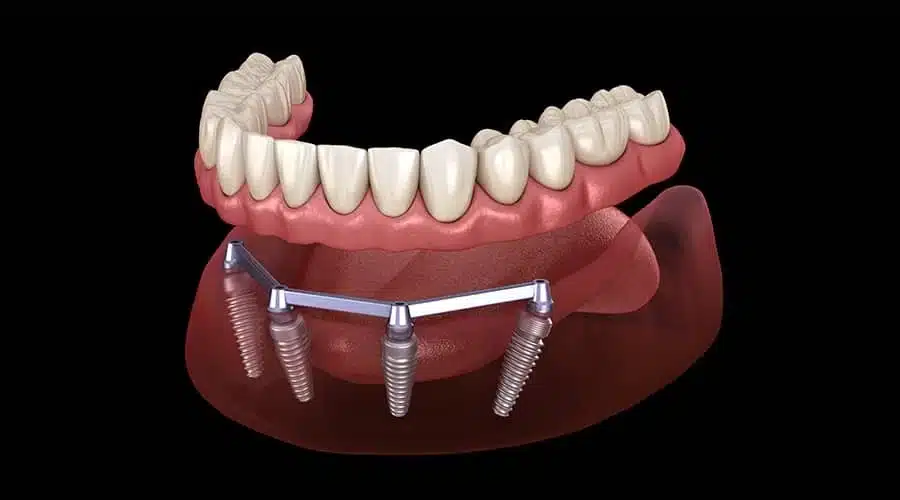
Disadvantages of Implant Bar Overdenture
The first limitation is the cost of treatment Implant Bar Overdentures are significantly more expensive than traditional removable dentures.
It involves complex surgical procedures and risks associated with implant placement, such as bone drilling, which can lead to complications like infections, nerve damage, and prolonged recovery time if the surgeon lacks expertise.
Oral hygiene is complex and inconvenient To ensure the durability of the implants and the bar, meticulous cleaning is required. The denture must be regularly removed and reinserted each day for cleaning and periodic checks.
Accessory components need to be replaced periodically typically every 3 to 5 years to ensure stability.
The chewing force is weaker compared to implants While implant bar overdentures are considered more stable than traditional dentures, they still provide less chewing force compared to dental implants.
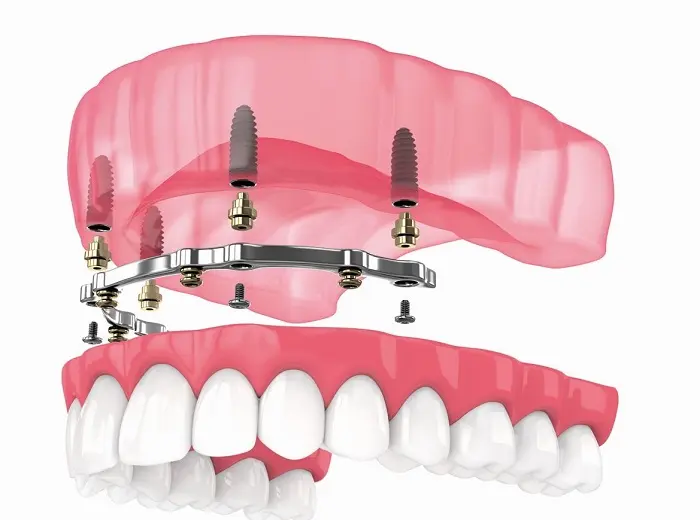
The process of placing Implant Bar Overdenture
Examination, consultation, and treatment planning
The dentist will conduct an examination and assess the oral health, and jawbone structure, along with discussing the patient’s requirements and expectations to determine the number and placement of implant posts.
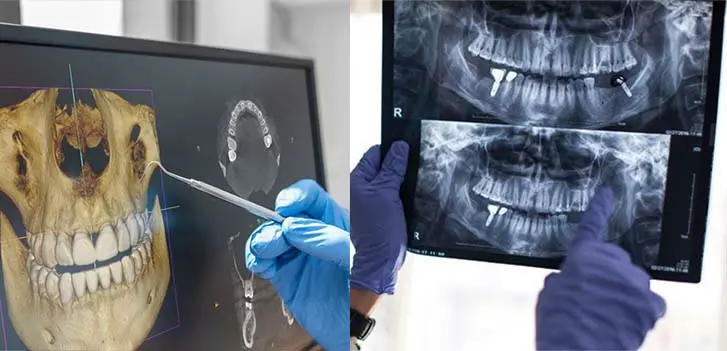
Implant placement and temporary denture attachment
Once the treatment plan is finalized, the dentist will proceed with the surgical placement of implant posts into the jawbone. It typically takes about 3-6 months for the implants to integrate with the bone. Therefore, temporary dentures will be attached during this period to allow patients to maintain normal activities, including eating and speaking.
Bar fabrication and attachment
After the implants have healed, a custom metal bar will be fabricated and attached to the implants using screws or other secure attachments.
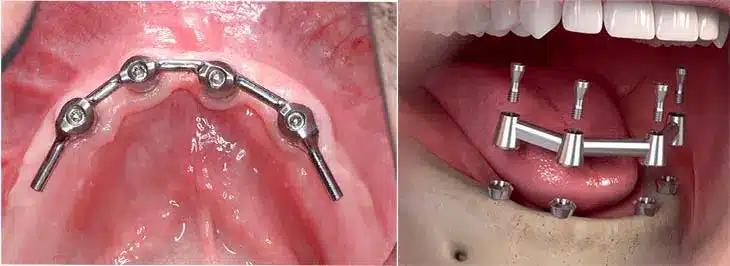
Denture Installation
The final step is to fit the custom-designed denture onto the retention bar, adjusting and fine-tuning its position to achieve a secure bite and ensure maximum comfort for the patient.
Things to keep in mind after undergoing Implant Bar Overdenture placement
Daily oral hygiene
Includes regularly brushing your teeth, using dental floss to remove plaque, and preventing gum diseases. Remove dentures when sleeping, and soak them in a diluted salt solution to disinfect.
Dietary Awareness
The diet should avoid eating excessively hard, sticky, or tough foods to prevent damaging or displacing dentures. Limit alcohol consumption and avoid smoking as they can negatively impact gums and healing times.
Regular dental check-ups
Schedule regular dental visits to reduce the risk of gum disease and complications related to implants. Early detection of issues allows for prompt and timely solutions.
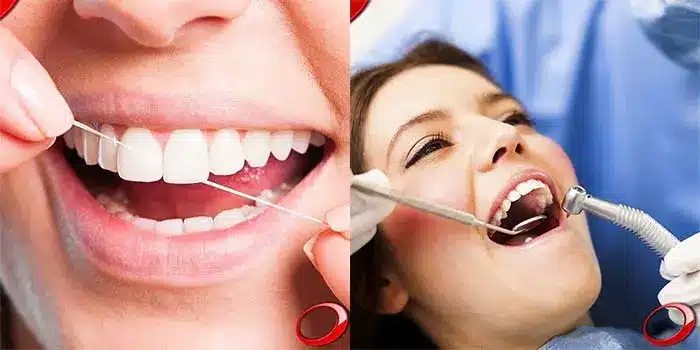
Summary
The Implant Bar Overdenture combines the flexibility and ease of use of traditional removable dentures with the stability of dental implants, making it the optimal method for patients with missing teeth. It opens up new possibilities for patients with health and cost-saving budget limitations.